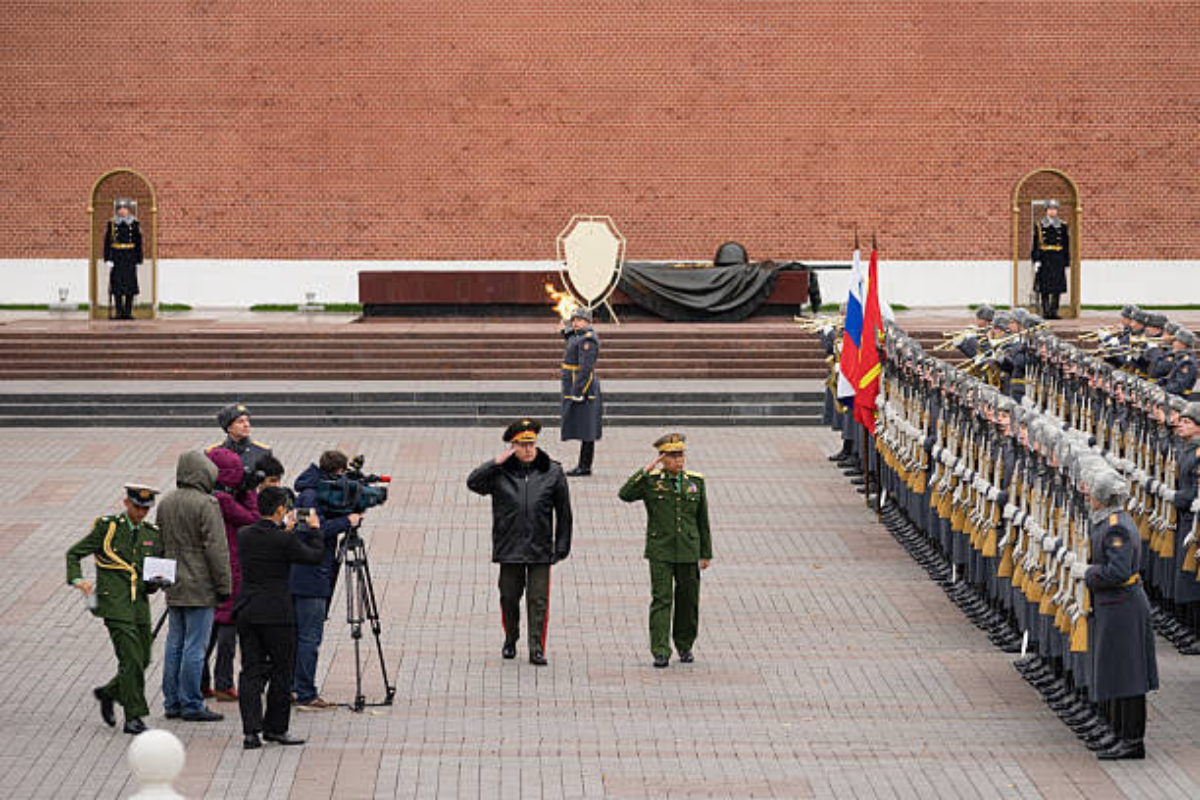The history of Myanmar is the history of struggle with coups, military rule, religious persecution, and ethnic conflict. On this course, the intense ongoing violence between the country’s military and organised armed civilians is now leading the country to the verge of a full-blown civil war that is unlikely to end anytime soon. Power shift and the subsequent polarisation among major powers have made the country a new geopolitical flashpoint, which Bangladesh, its western neighbour, can no longer afford to ignore. Myanmar always gets priority in Bangladesh’s economic and security strategy.
As a democratic country, Bangladesh has a moral dilemma not to support a military government, but the irony is that it has been strangely silent about the coup till date and adopted a cautious stance. Although Dhaka has called for the democratic process and constitutional arrangements to be upheld in Myanmar in its first and only statement, so far it has neither officially condemned the coup nor demanded the release of political detainees, including the for- mer State Counsellor Aung San Suu Kyi. Moreover, on Myanmar’s Independence Day, Bangladesh stated its commitment to work with the Myanmar government to further strengthen the
relationship.
Advertisement
These moves underscore Dhaka’s careful support for the junta’s “one-Myanmar government policy”. Bangladesh’s stand could reflect some very specific considerations. First, it finds its major strategic and development allies, such as China, India, Russia, and Japan, are on the side of the Tatmadaw. Second, it might be calculated that sanctions and condemnation, a typical western practice, are counterproductive in Myanmar as long as China and Russia continue to extend their diplomatic and military shields. Third, Bangladesh has a traditional policy of non-interference and peaceful coexistence, avoiding interfering in other countries’ internal affairs. Fourth, the long-expected previous National League for Democracy (NLD) government failed to do much to act on Dhaka’s top priorities, such as connectivity, border security, or the Rohingya crisis. Fifth, the Bangladesh army has long been seeking to develop cosy relations with its Myanmar counterpart to tackle insurgency, arms smuggling, drug trafficking, and other non-traditional security threats.
So, Dhaka doesn’t want to take part in a smear campaign that would not even address the country’s core concerns. Given the rapidly changing geopolitical dynamics, it is not strange to predict that key powers that wield meaningful leverage over Myanmar, like China, India, Russia, and Japan will align with Myanmar’s military, underlining their own strategic narratives.They have already begun explicitly (or covertly) normalising relations with the Tatmadaw.
It will undoubtedly give the military a chance to consolidate its grip on the country, as well as its diplomatic status and military position in the region.









